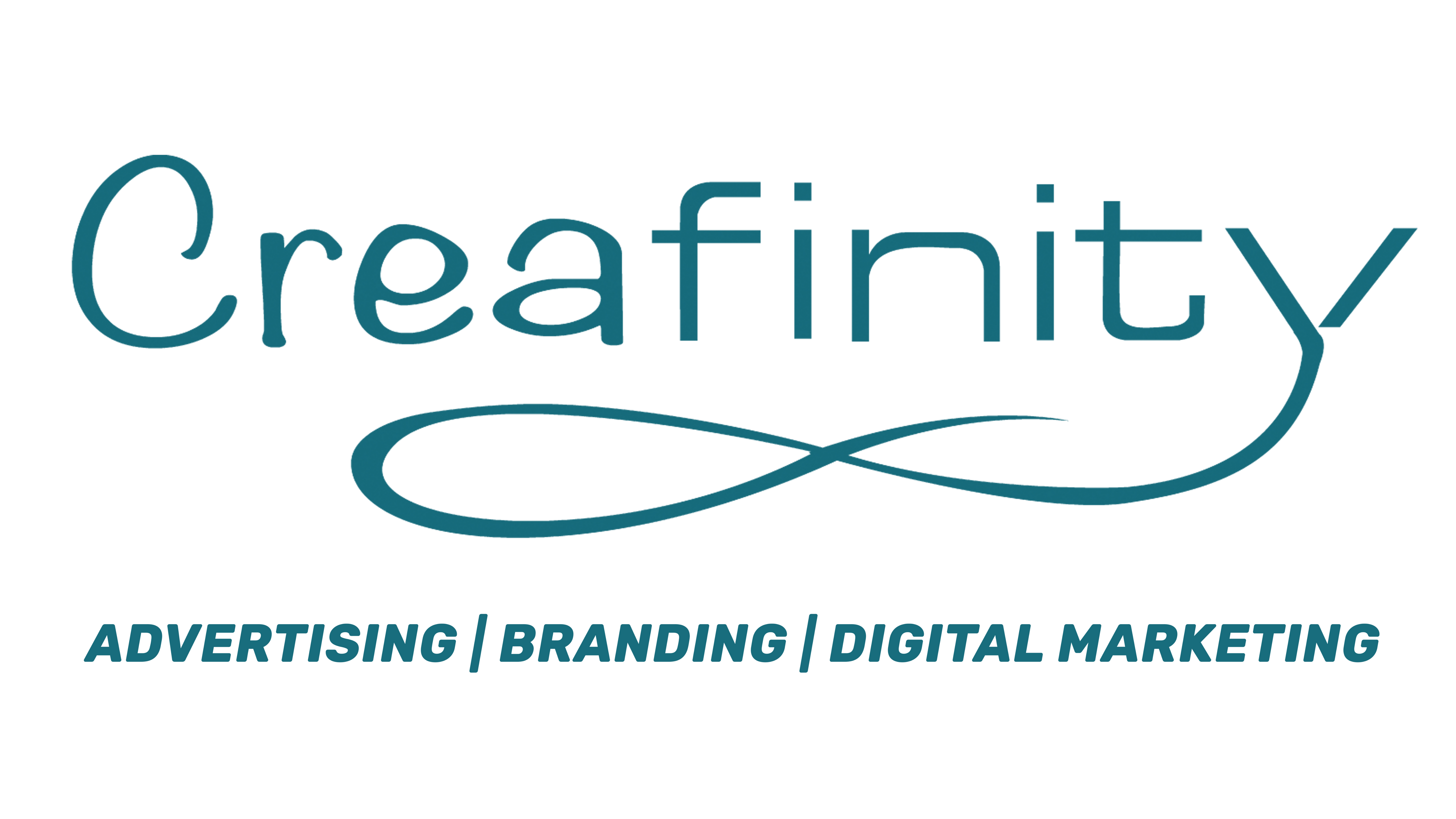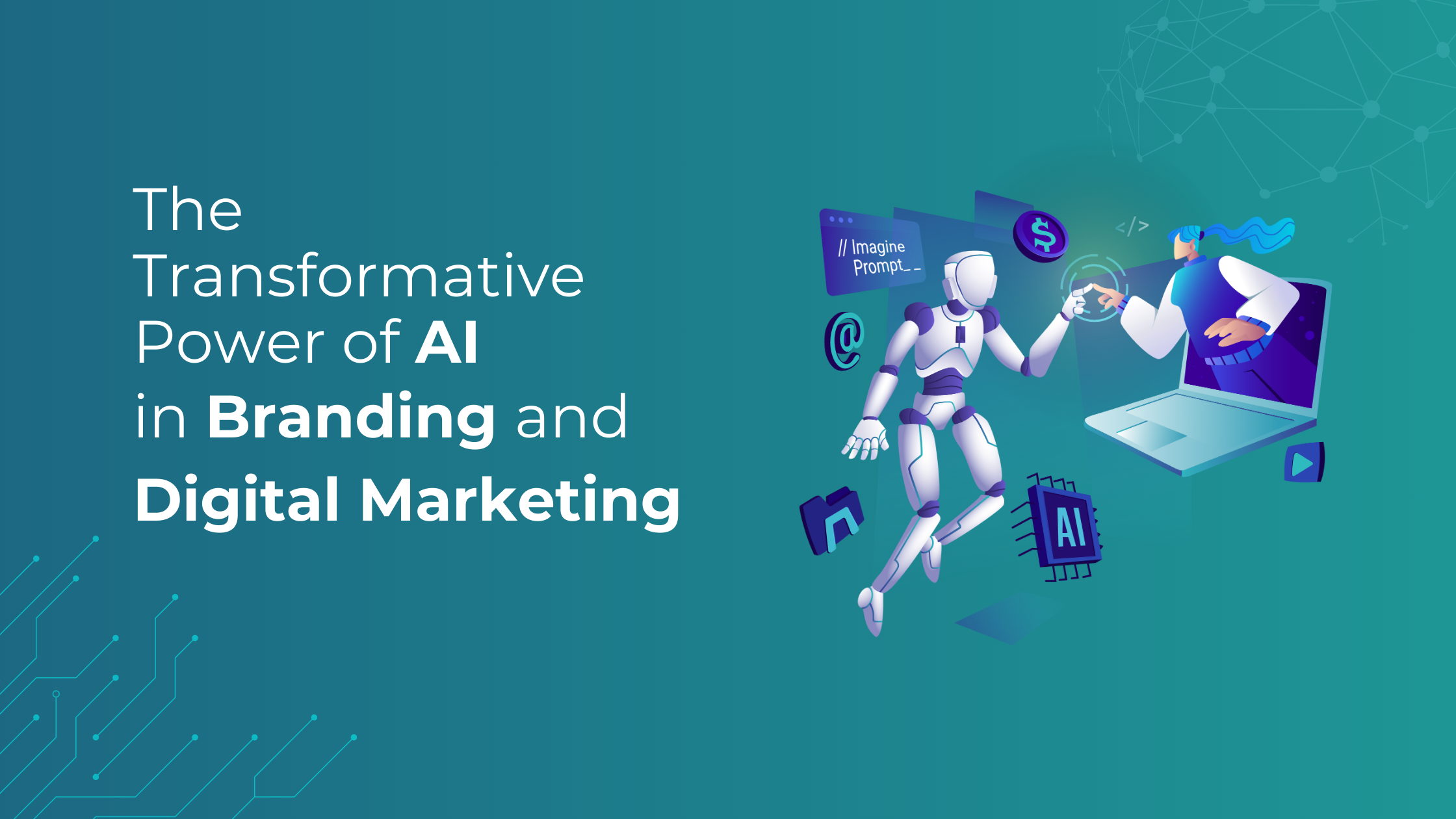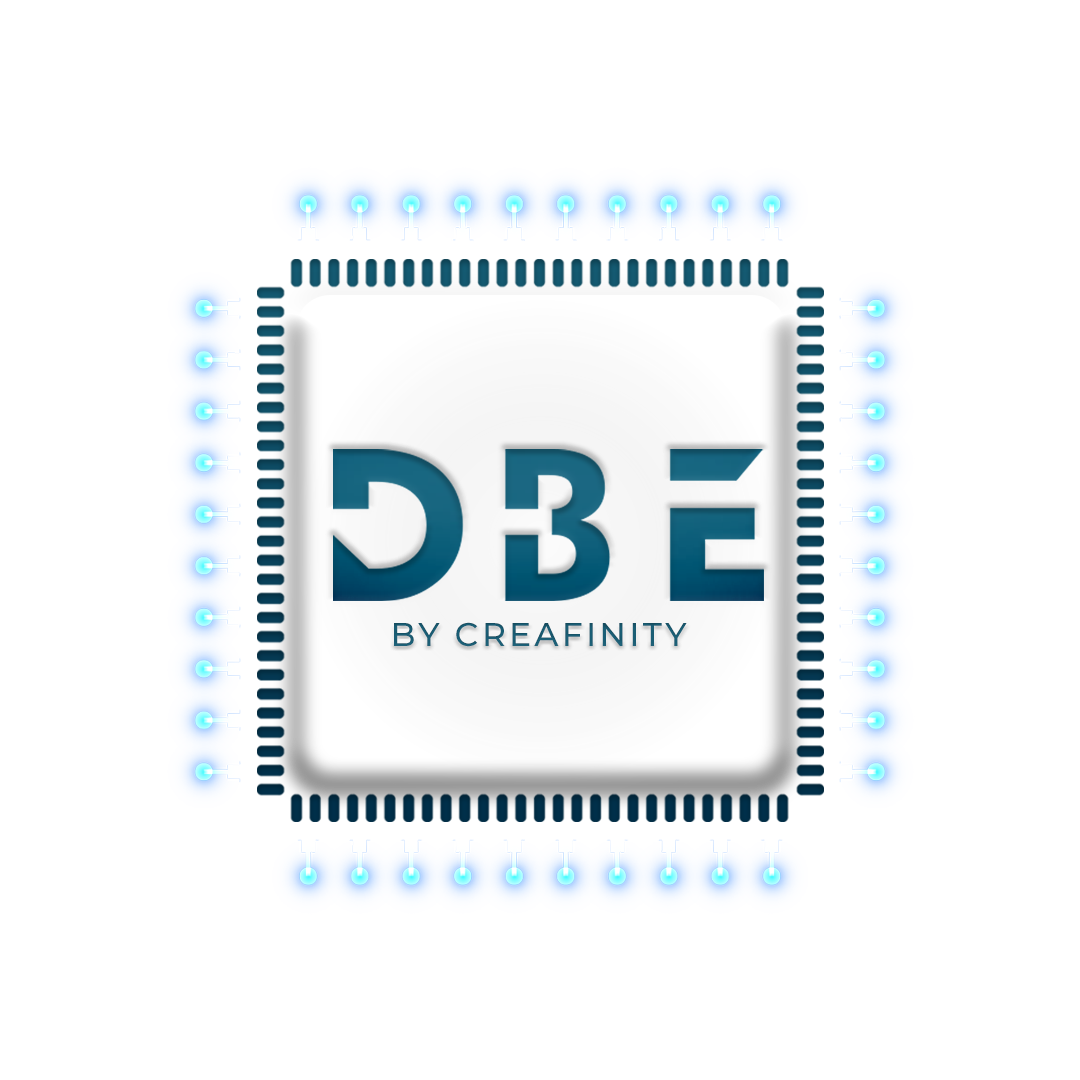In today’s fast-paced digital world, artificial intelligence (AI) has become a game-changer in branding and digital marketing. It’s revolutionizing how businesses connect with their audiences by offering opportunities for personalized experiences, smarter data analysis, and more innovative marketing strategies. Let’s take a look at how AI is reshaping the way brands operate and interact with consumers.

Personalized Customer Experiences
One of the most impactful ways AI is changing digital marketing is by personalizing customer interactions. By analyzing large amounts of data—such as browsing habits, purchase patterns, and social media activity—AI helps marketers deliver targeted content that resonates with each user.
For instance, AI-powered chatbots can provide real-time customer service by answering queries and offering tailored product suggestions based on previous interactions. These chatbots are available 24/7, ensuring that customers receive timely support, enhancing their overall experience and satisfaction.
Data-Driven Decision Making
AI has made it easier for marketers to harness big data to make informed decisions. By analyzing complex datasets, AI tools can detect trends, predict consumer behavior, and assess the effectiveness of marketing campaigns. This real-time, data-driven approach allows brands to optimize their strategies, ensuring efficiency and effectiveness.
Predictive analytics, a subset of AI, takes this a step further by forecasting market trends and customer needs. By identifying patterns in historical data, brands can tailor their offerings in advance, improving customer satisfaction and gaining a competitive edge in the marketplace.
Enhanced Content Creation and Curation
AI is also transforming content creation. Tools powered by AI can quickly generate high-quality content such as blog posts, product descriptions, and social media updates. These tools use natural language processing (NLP) to create content that aligns with the brand’s voice and tone.
Additionally, AI excels in content curation. By analyzing user preferences, it suggests relevant articles, videos, and media that will engage the audience. This makes sure customers are served content that truly interests them, fostering a deeper connection with the brand.
Improved Ad Targeting and Campaign Optimization
AI has completely changed the way brands handle advertising. With AI-powered ad targeting, marketers can create personalized ads that reach the right audience at the right time. Machine learning algorithms analyze user behavior to optimize ad placement, ensuring that brands maximize their return on investment (ROI).
AI also plays a crucial role in campaign optimization. By continuously monitoring real-time data like click-through rates and conversions, AI tools adjust marketing strategies on the go to deliver the best possible results. This agile approach ensures that campaigns remain relevant and effective in an ever-evolving digital environment.
Enhanced Customer Insights and Segmentation
Understanding your customer is at the core of effective branding and marketing. AI allows brands to gain deeper insights into customer preferences, demographics, and behaviors through advanced data analysis techniques. This enables more precise audience segmentation and better-targeted campaigns.
By using AI for customer segmentation, brands can ensure that their marketing messages are relevant to specific customer groups. This personalized approach not only boosts conversion rates but also strengthens brand loyalty.
Automation of Routine Tasks
AI greatly improves productivity by automating repetitive tasks, giving marketing teams more time to focus on strategy. Tasks like email marketing, social media scheduling, and data analysis can be handled by AI-powered tools, reducing workload and improving efficiency.

For example, AI-driven platforms can segment email audiences automatically, personalize content, and send messages at optimal times for better engagement. Similarly, AI tools for social media management can schedule posts, track mentions, and analyze engagement, providing valuable insights for future campaigns.
Conclusion
The integration of AI into branding and digital marketing is truly transformative. From creating personalized customer experiences to automating routine tasks, AI enables brands to be more efficient, agile, and innovative. By leveraging AI, businesses can deliver exceptional customer experiences, make smarter data-driven decisions, and stay ahead in an ever-competitive landscape. As AI technology continues to evolve, its role in branding will only become more significant, shaping the future of how companies connect with their audiences across industries from lifestyle to healthcare and beyond.



